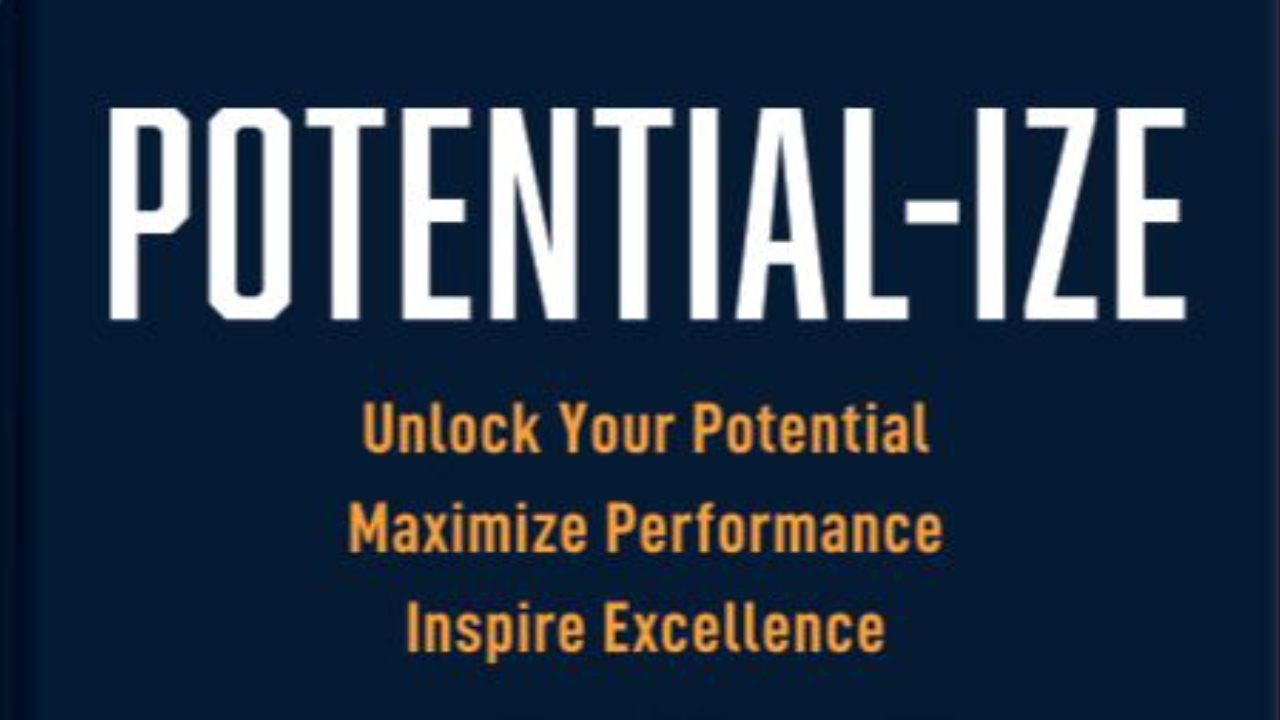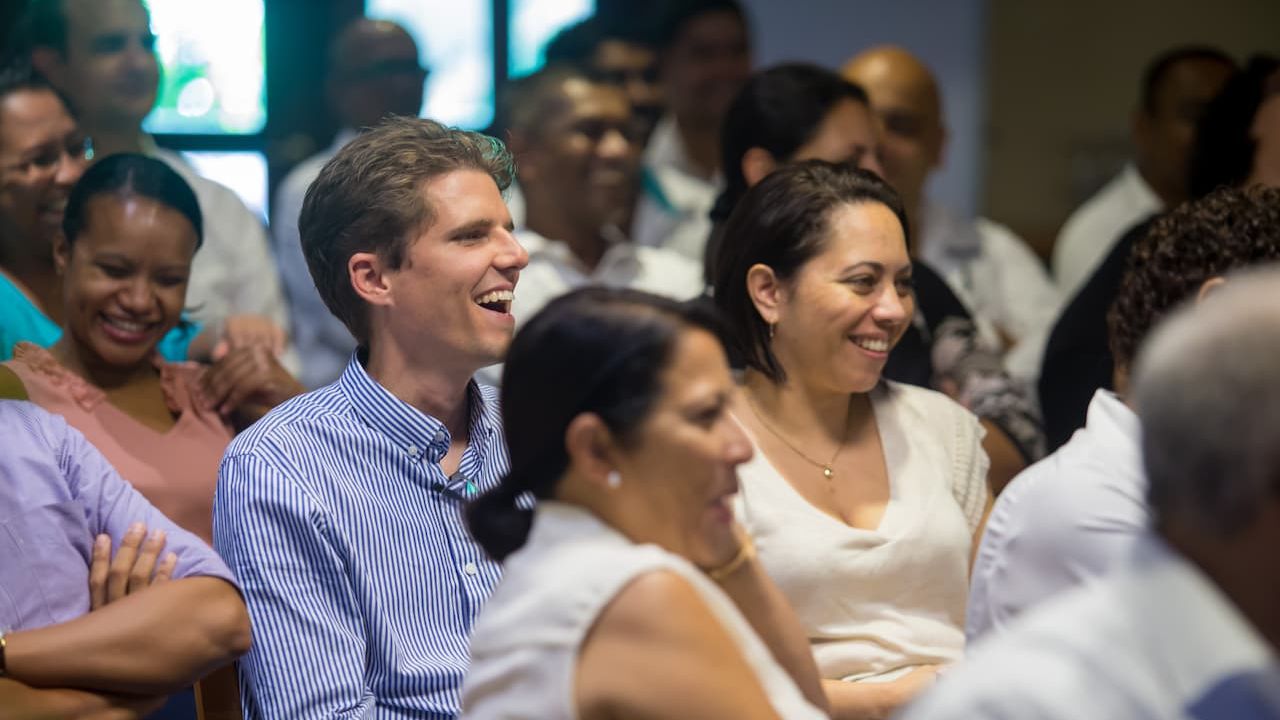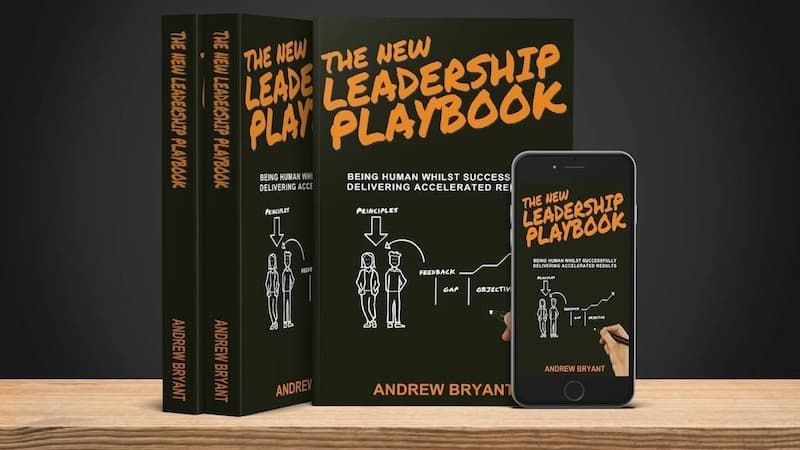Self Leadership and
The New Leadership Playbook
Blog by Andrew Bryant
Potential-ize: The Leadership Revolution You Didn't See Coming

While executives obsess over the latest AI tools and automation strategies, they're missing the real challenge of our technological moment. The question isn't whether artificial intelligence will transform work, it's whether leaders will rise to harness that transformation for human flourishing rather than human replacement.
This is the central premise of "Potentialize," already identified as a groundbreaking leadership book that dares to ask: What if the AI revolution could become the greatest opportunity in history to unlock human potential?
The Problem Most Leaders Are Solving Wrong
Companies everywhere are implementing AI with a narrow focus on efficiency gains and cost reduction. They automate customer service, streamline operations, and eliminate routine tasks. But this approach treats humans and machines as competitors rather than collaborators, creating workplaces where people feel increasingly irrelevant.
The result? Organizations gain short-term efficiency while losing lo...
Empowering CXOs: Enhancing Employee Engagement through Self-Leadership

Employee engagement has long been a metric of leadership and culture. When employees are engaged, they are emotionally invested in their work and the success of the company. However, low employee engagement results in lower productivity, increased costs, poor customer service, lack of innovation, and decreased employee physical and mental health.
Given this impact, smart CEOs and their Executive Leadership Teams (ELTs) are constantly seeking strategies to boost employee engagement and productivity. One such strategy that has proven effective is the practice of self-leadership.
"Self-leadership is the practice of intentionally influencing your thinking, feeling, and actions toward your objectives." (Bryant and Kazan 2012)
Self-Leadership and Employee Engagement
Self-leadership is not just about leading oneself; it's about setting an example for others to follow. When CEOs and ELTs practice self-leadership, they create a culture that encourages employees to take ownership of the...


